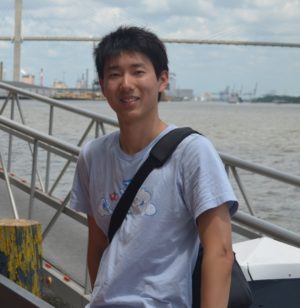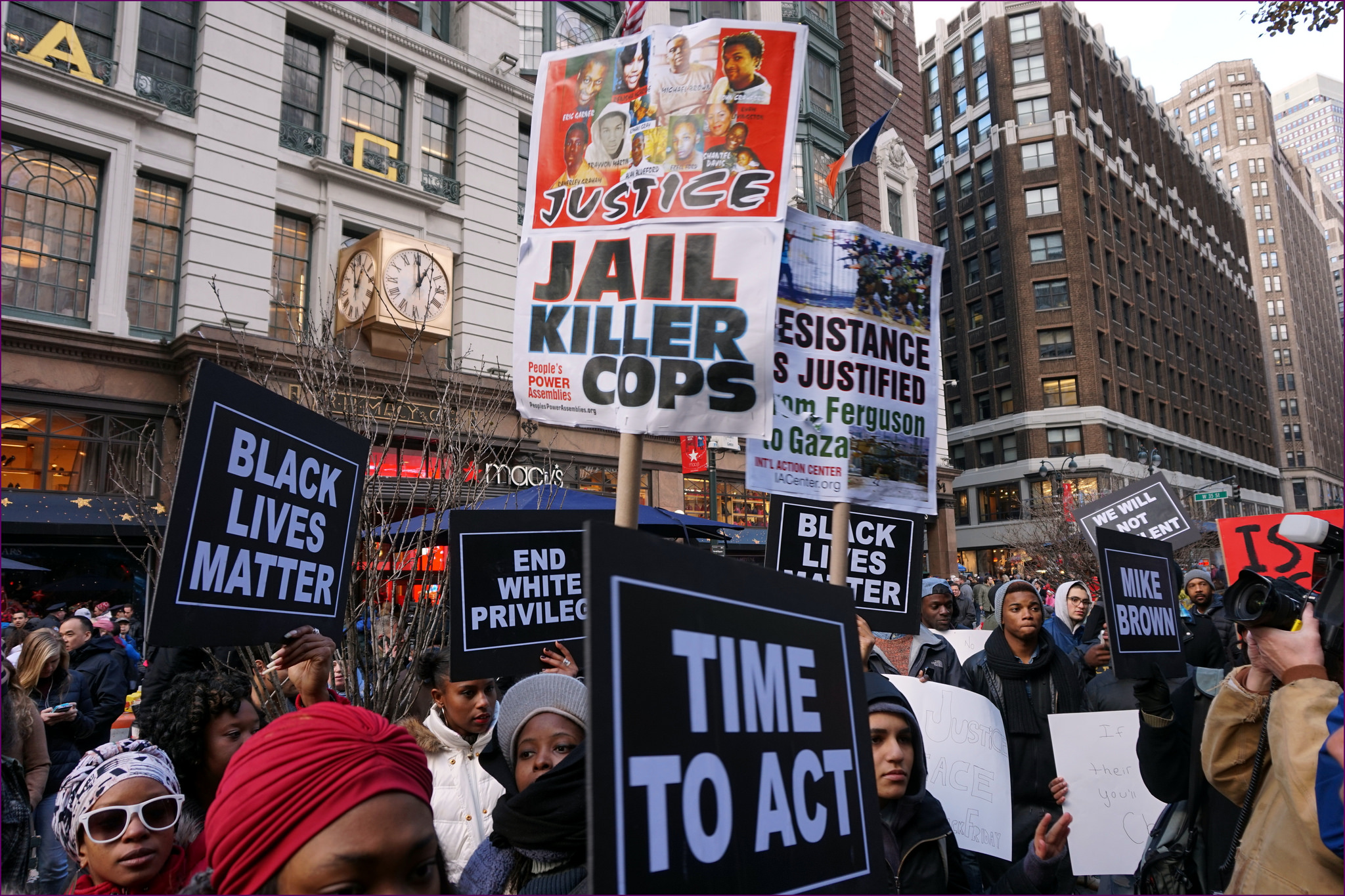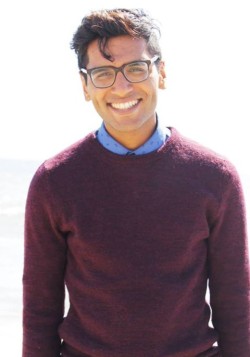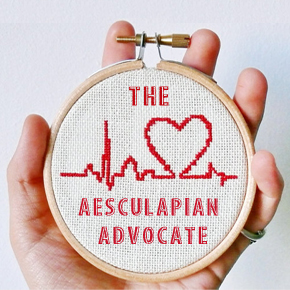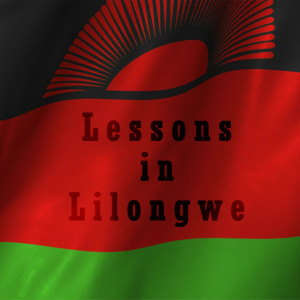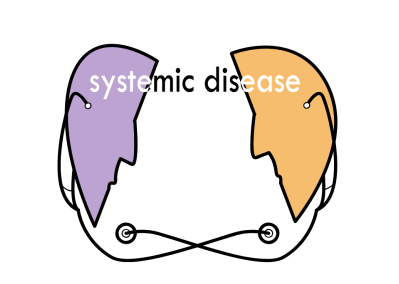The Case for Teaching Lifestyle Counseling in Medical Schools
The epidemics of diabetes, cardiovascular disease, cancer and dementia roll through the US and across much of the world, eerily reminiscent to the sweeping cholera outbreaks of Snow’s era. Even in the majority of low- and middle-income countries, these chronic illnesses have already displaced infectious diseases to become the leading causes of death and disability. Yet, the majority of these are potentially preventable.


